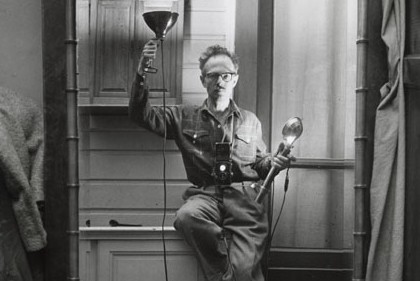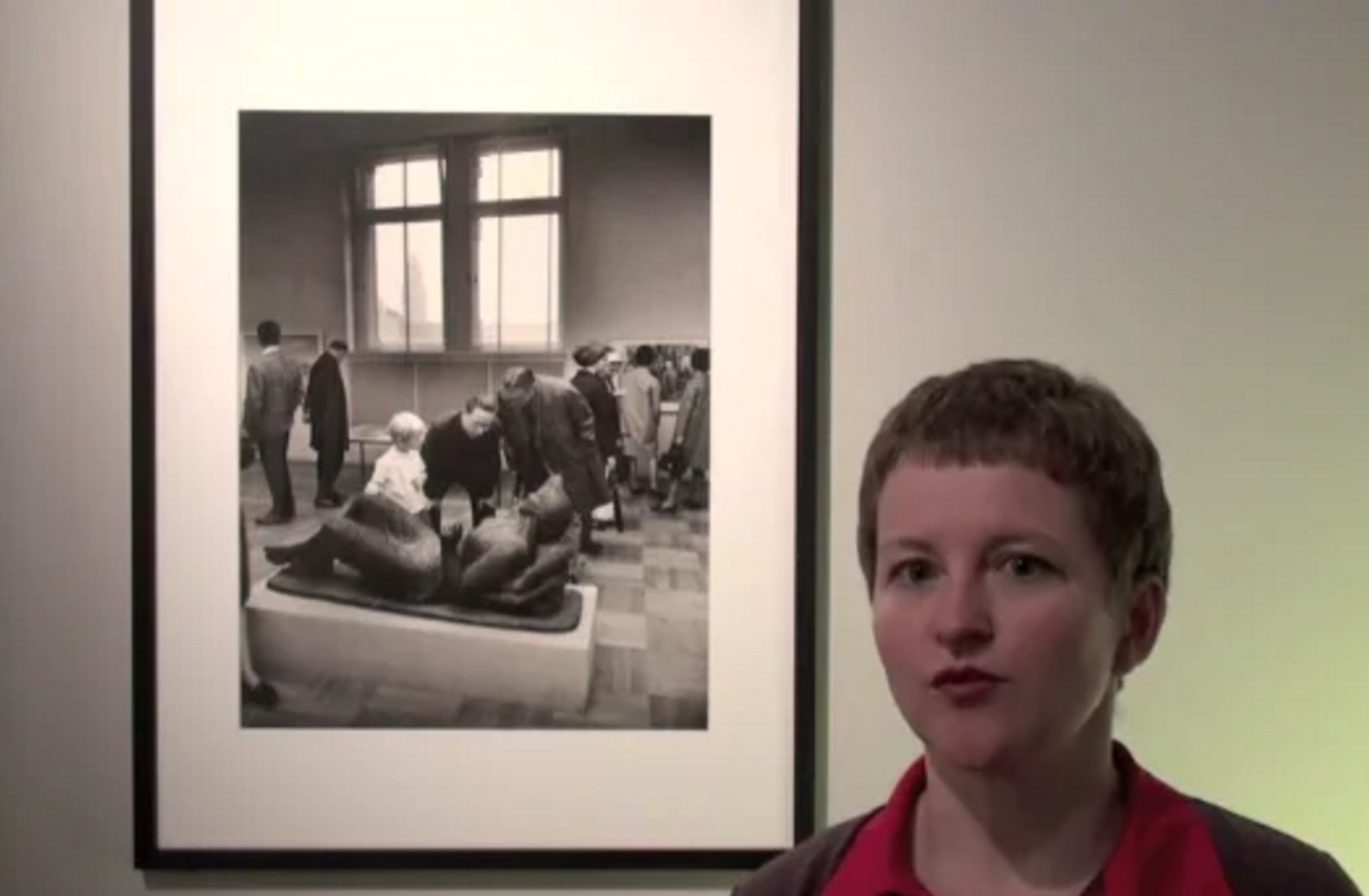François Kollar (Senec, Slovaquie, 1904 (anciennement Szenc, Hongrie) — Créteil, 1979), employé des chemins de fer dans son pays natal, puis tourneur sur métaux dans les usines Renault de Boulogne-Billancourt, devient photographe professionnel à l’âge de 24 ans après avoir acquis une riche expérience de chef de studio chez l’imprimeur parisien Draeger. Sa connaissance intime du monde du travail, de la publicité à la mode en passant par l’industrie, l’artisanat et l’agriculture, lui permet d‘aborder les outils, les matériaux et les gestes avec une expertise professionnelle exceptionnelle. Cette exposition rétrospective est constituée d’un ensemble de 130 tirages d’époque dont certains inédits, et d’autres issus de la donation de la famille du photographe à l’État. Elle met en lumière le travail d‘un photographe qui a su révéler le monde du travail au XXe siècle. Découvrir les qualités documentaires, artistiques et historiques des ensembles réunis ici permet d’observer comment l’individu s’inscrivait dans la société par le biais du travail et de prendre conscience des changements profonds qui ont affecté l’industrie entre les années 1930 et les années 1960.
En savoir plus sur l’exposition
François Kollar was born in Szenc, Hungary in 1904 (now the Slovakian town of Senec) and died in Créteil, France in 1979. He was first employed on the railways in his native country and then worked as a lathe operator at Renault’s Boulogne-Billancourt factory, before becoming a professional photographer at the age of 24 after gaining solid experience as a studio manager at the Parisian printer’s, Draeger. His in-depth knowledge of the world of work, in sectors as diverse as advertising, fashion, industry, handicrafts and agriculture, allowed him to portray tools, materials and gestures with exceptional professional expertise. This retrospective features an ensemble of 130 vintage prints, some of which are previously unseen, as well as others from the photographer’s family’s bequest to the state. It puts Kollar’s work in the spotlight and shows how he managed to lift the veil on the working world in the 20th century. As visitors discover the documentary, artistic and historical qualities of the material on show, they will be able to observe how individuals found their place in society by the means of their occupation and realise the profound changes that took place in industry between the 1930s and the 1960s.Read more about “François Kollar. A Working Eye.”


